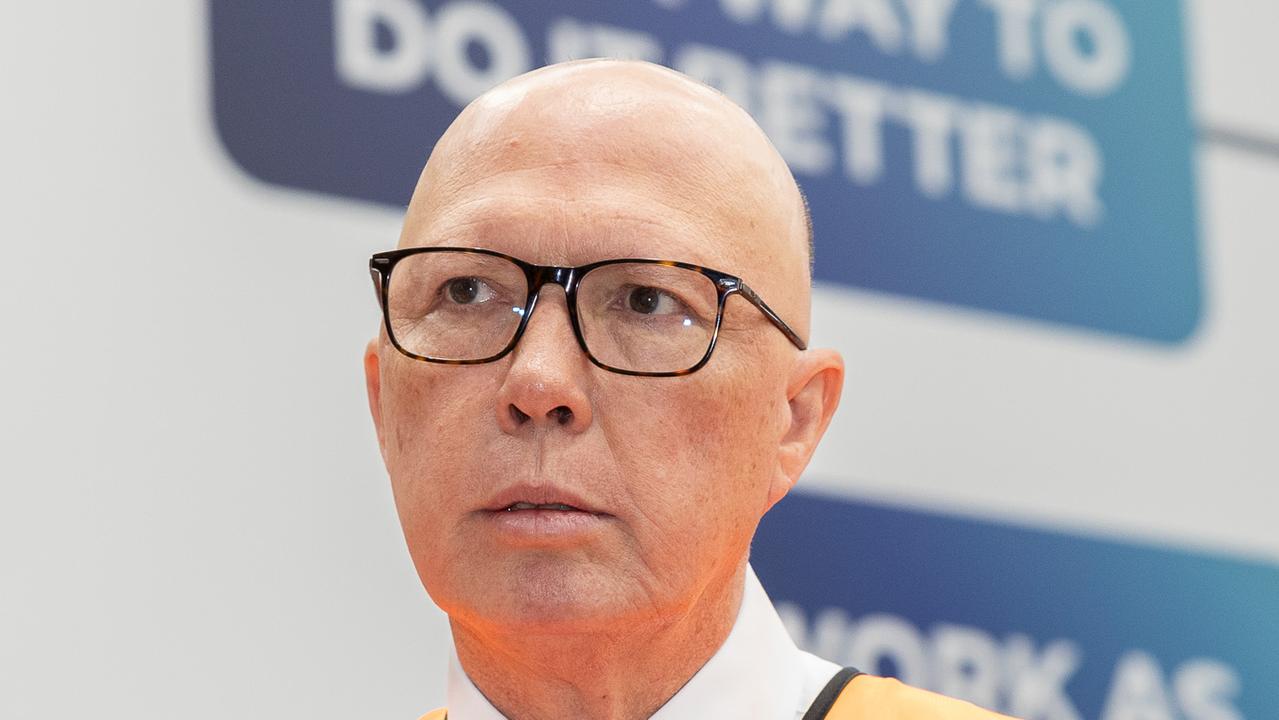Rest paid just 8pc of death claims after three months, ASIC’s review into super benefits finds
A review of the superannuation industry’s handling of death claims has found systemic failures, with industry funds faring worse than their retail peers.

Business
Don't miss out on the headlines from Business. Followed categories will be added to My News.
The $93bn industry superannuation fund Rest paid out just 8 per cent of death claims for a deceased member within 90 days, according to a review by the corporate regulator, which uncovered systemic failures by some of the country’s biggest super providers.
Benefits handling, an issue that has been at the centre of court cases brought against AustralianSuper and construction industry fund Cbus, has emerged as a procedural and reputational problem for the retirement sector.
The Australian Securities & Investments Commission revealed industry funds were the worst offenders in delaying payouts after it examined two years’ worth of claims.
Handing down his landmark report, ASIC chairman Joe Longo delivered a stinging rebuke a month after he described super funds as the “poster child for what can and does go wrong when governance fails”.
“At the heart of this issue is leadership that doesn’t have a grip on the fund’s data, systems and processes – and ultimately it is the customers who suffer for it,” Mr Longo said. “This kind of disconnect is unacceptable in any area of corporate Australia, but in the superannuation sector it is particularly serious, because super affects everyone from the boardroom to the living room.”
While retail sector employee fund Rest ranked worst on a three-month measure, Colonial First State, known by its trustee name Avanteos, was the best performer of the 10 trustees assessed, paying out 48 per cent per cent of death claims within 90 days.
Public sector fund Commonwealth Superannuation Corporation had a 10 per cent completion rate at the 90-day mark, followed by Brighter Super on 20 per cent, HESTA at 21 per cent and Hostplus at 22 per cent.
UniSuper outperformed other industry funds, ranking second out of the 10 with 41 per cent of its beneficiary claims ruled off after 90 days.
Retail funds NM Super (representing AMP) and Nulis (MLC Super) were third and fourth, followed by Australian Retirement Trust.
The rankings were broadly intact after 180 days, with Rest, CSC, Brighter Super, HESTA and Hostplus all resolving between 46 and 50 per cent of claims at this point versus CFS’s 75 per cent.
ASIC found 78 per cent of claims reviewed had delays caused by processing issues within the trustee’s control.
Funds that handled claims in-house fared better than those who outsourced, ASIC said.
Outsourced administration has been at the forefront of the latest member service failures: both Cbus and AustralianSuper, currently being sued by the corporate cop over lengthy delays in processing death claims, outsourced these services to MUFG Pension & Market Services, formerly known as Link.
While both have laid the blame squarely on their administrator, ASIC has repeatedly told funds that responsibility for member services lies firmly with the trustee.
ASIC also found that claims support for First Nations and vulnerable claimants was inadequate.
In one case, a trustee took more than 500 days to pay a $100,000 death benefit to a First Nations woman whose husband had died. The trustee failed to respond to her concerns about financial hardship and did not support her when she struggled to understand and navigate the claims process.
Mr Longo called on industry leaders to take ownership of the problems and “flex their muscle” to fix them.
“This is an important report that looked at 10 trustees, representing a total 38 per cent of all member benefits in superannuation funds regulated by the Australian Prudential Regulation Authority,” he said.
“While some trustees performed better than others, tellingly none of the reviewed trustees monitored or reported on their end-to-end claims handling times or performance.”
Responding to the report, Rest’s chief service officer Brendan Daly acknowledged the fund had not always met member expectations.
“Since the time of the ASIC data collection in 2024, we’ve made significant improvements to the speed of our death benefit claims handling and have now tripled the number of claims resolved within 90 days. We have also reduced the number of open claims at 180 days by a third and expect to continue resolving claims at this pace, or more quickly, going forward,” he said.
“Rest has the industry’s highest proportion of young members, with more than one million aged under 30. Our members on the whole are less likely to access financial advice or engage in estate planning and just 4 per cent of our members have a binding death benefit nomination in place – all of which can add time and complexity to our death benefit claims.”
The worst offending trustee in anonymised data provided by ASIC received 30.1 complaints per 1000 deaths, according to the report. A death benefit can include any relevant insurance proceeds owed to a beneficiary.
One of the obligations imposed upon trustees is to pay a death benefit as soon as practicable. ASIC drafted 34 actions for the industry to improve service levels, from reviewing standardised claim forms to ensure they use plain language to acceptable alternative documentation for aged care claims and vulnerable people.
Originally published as Rest paid just 8pc of death claims after three months, ASIC’s review into super benefits finds



